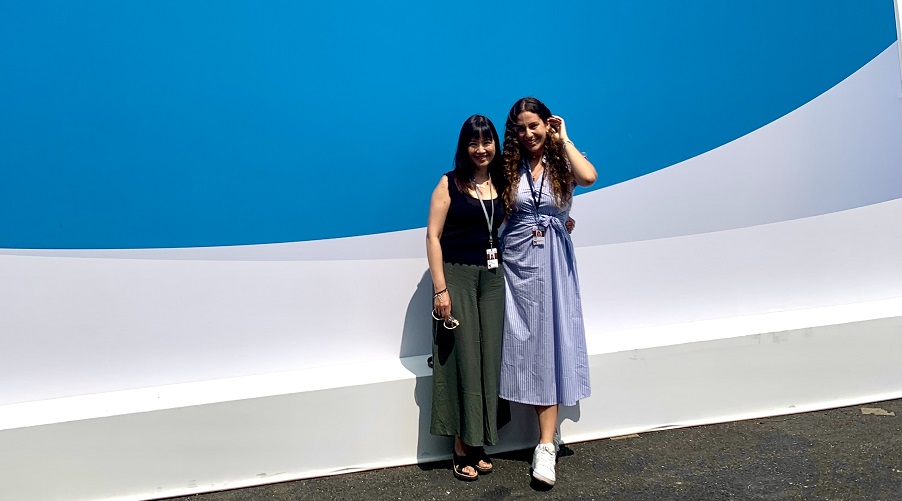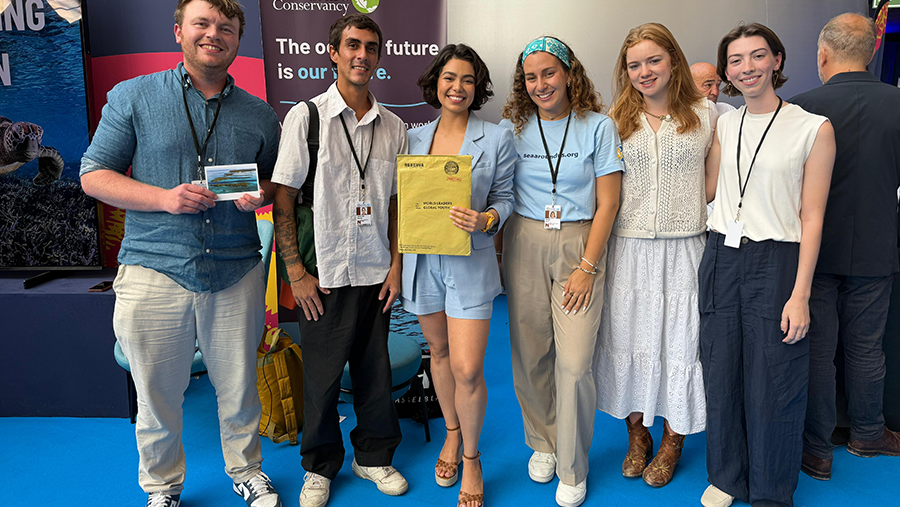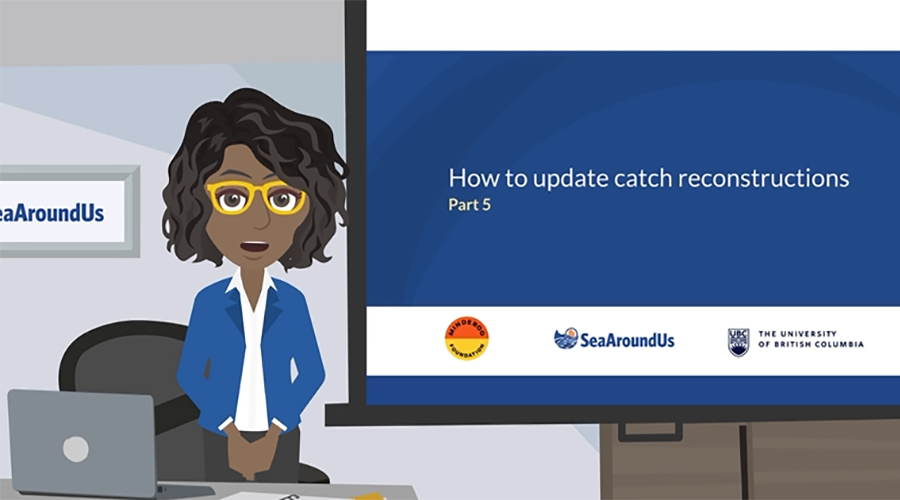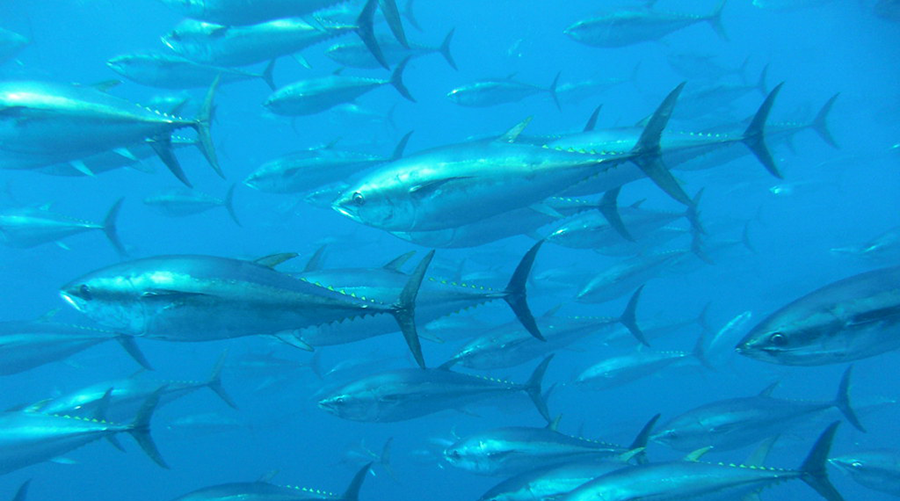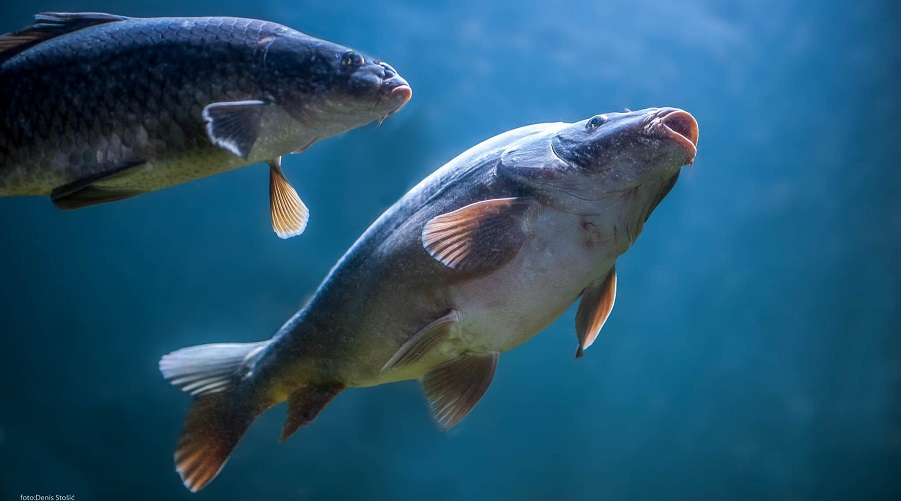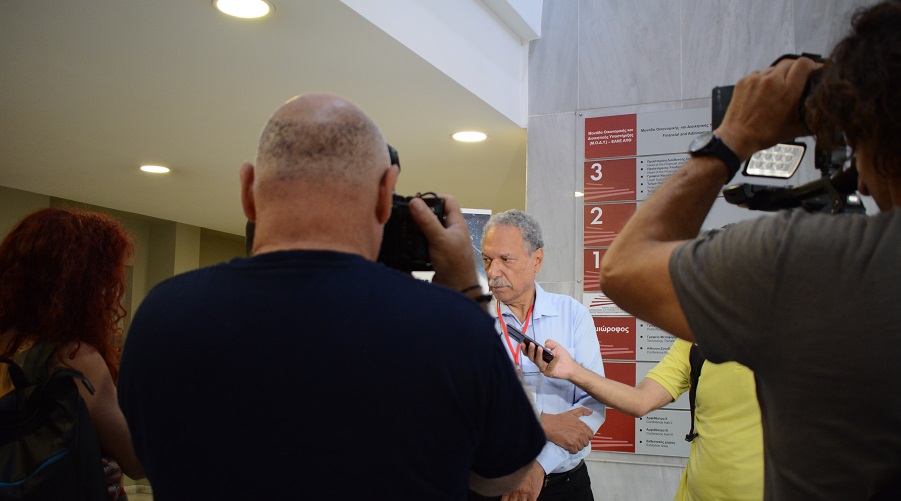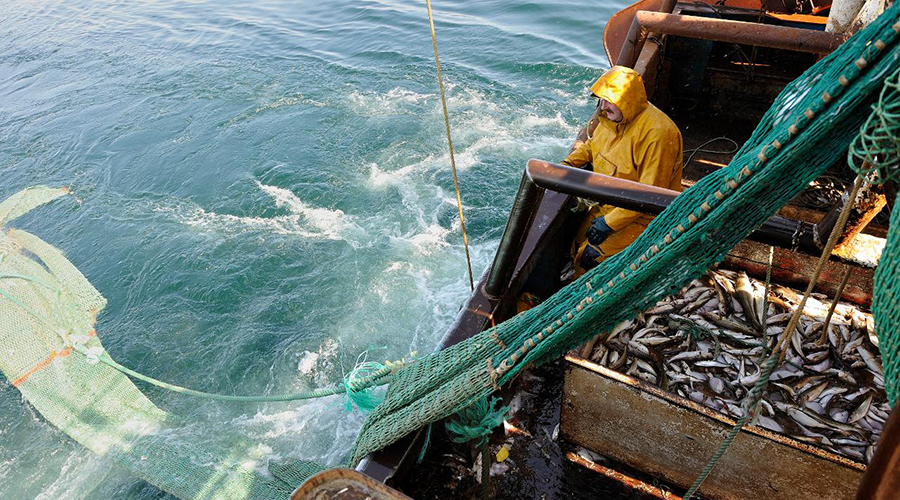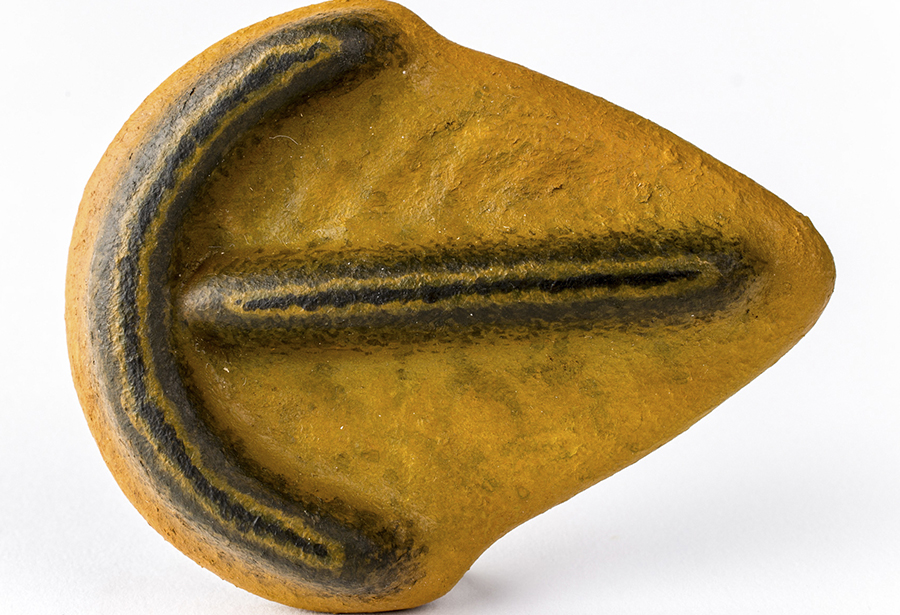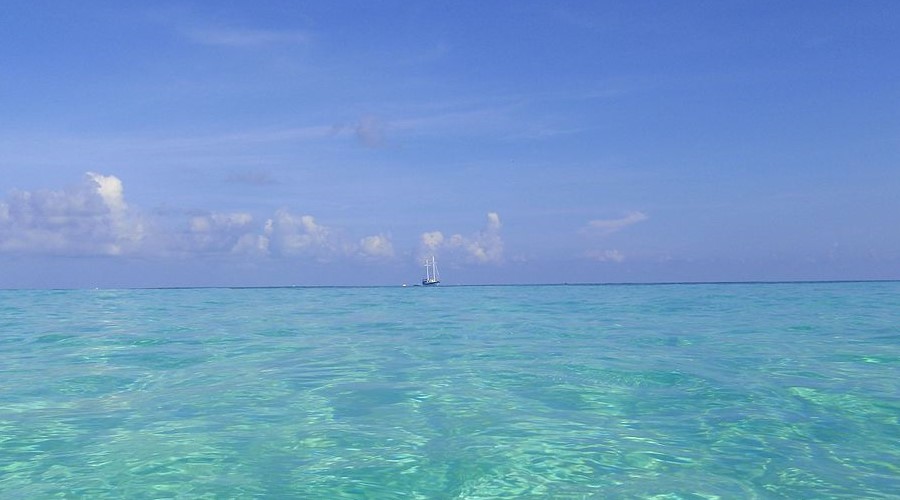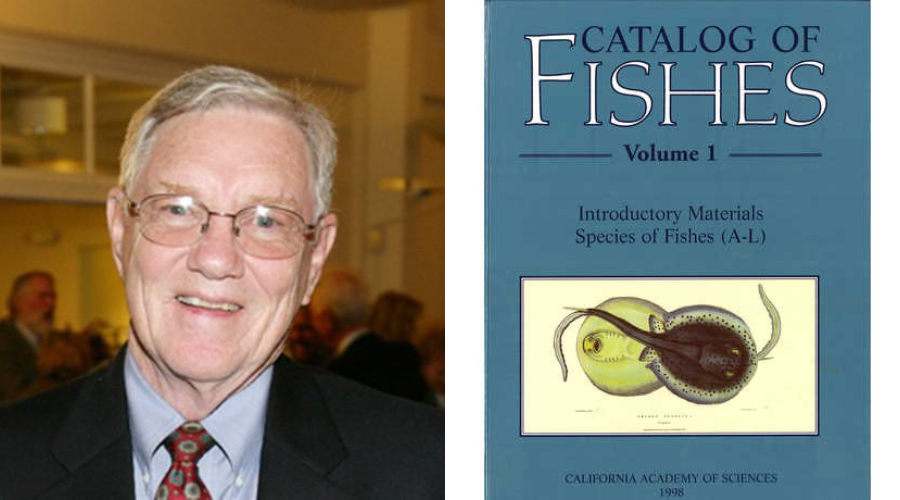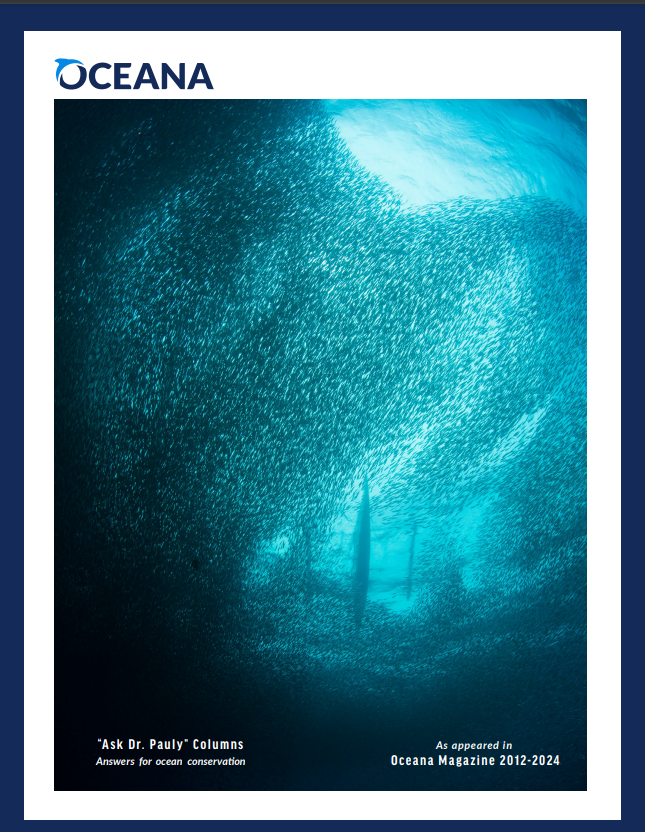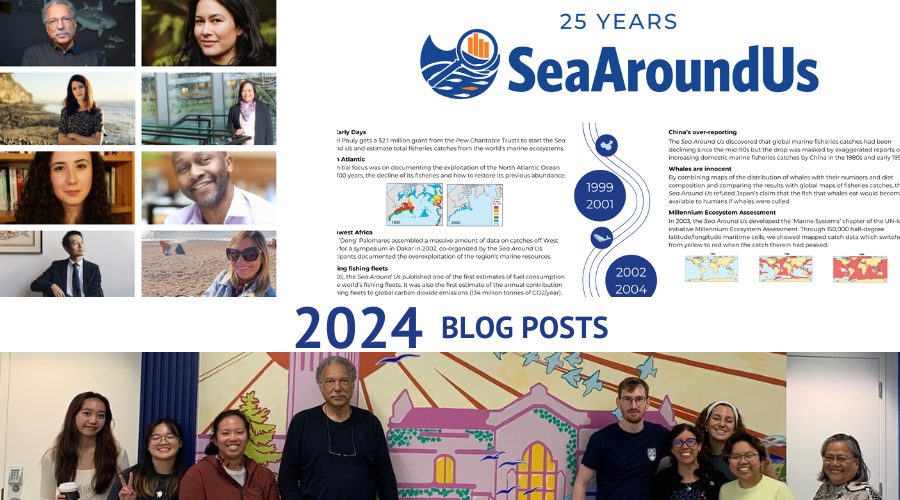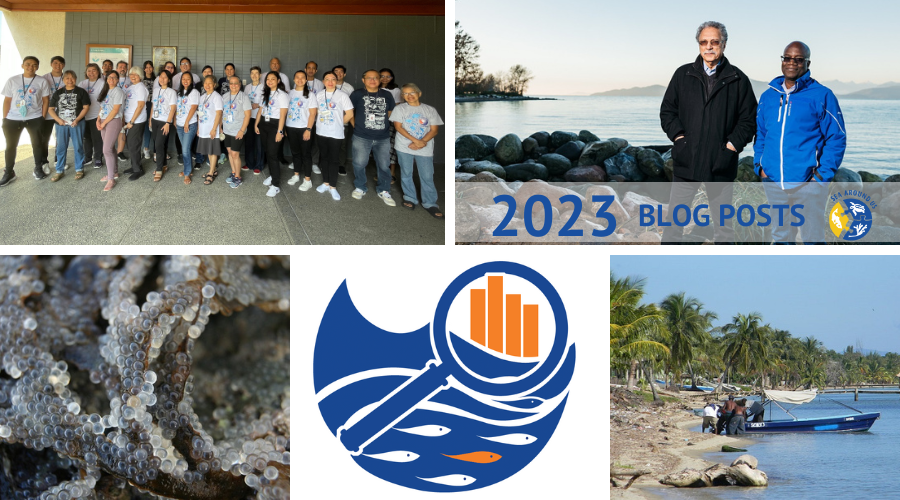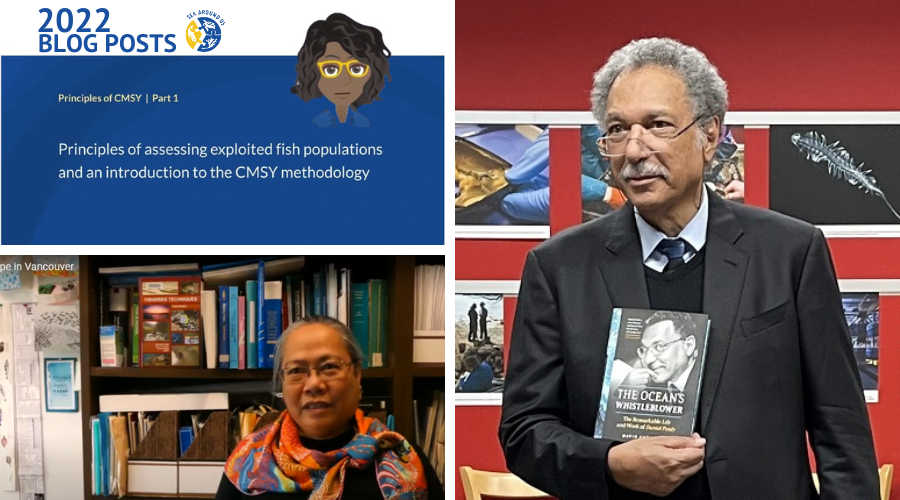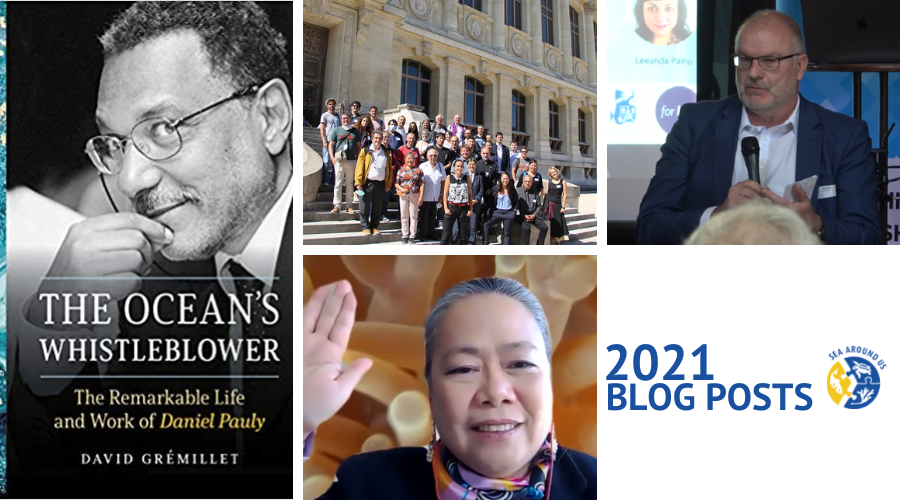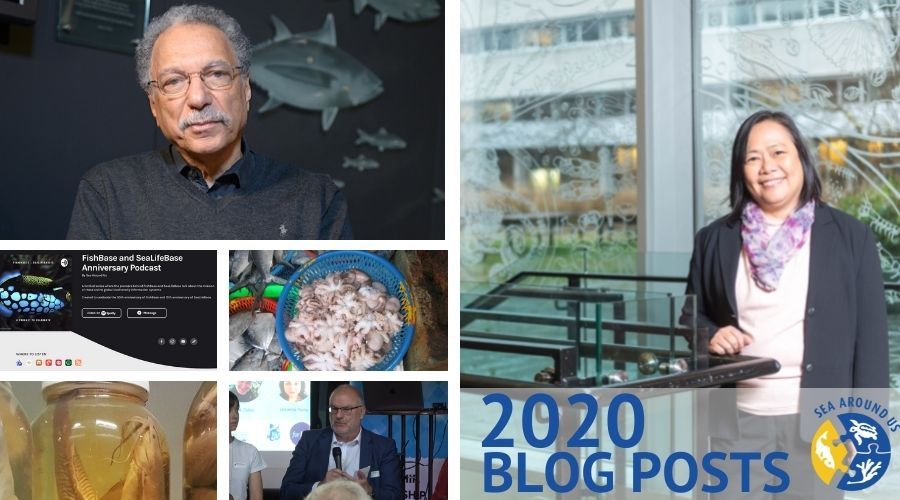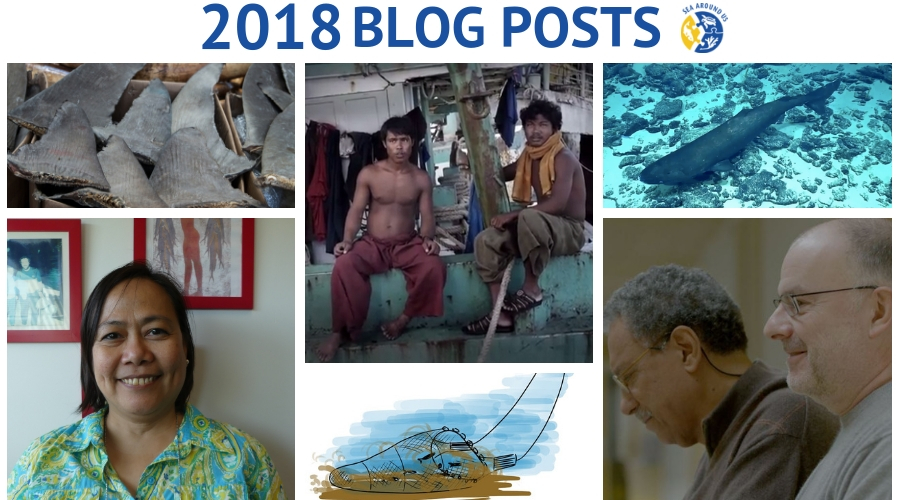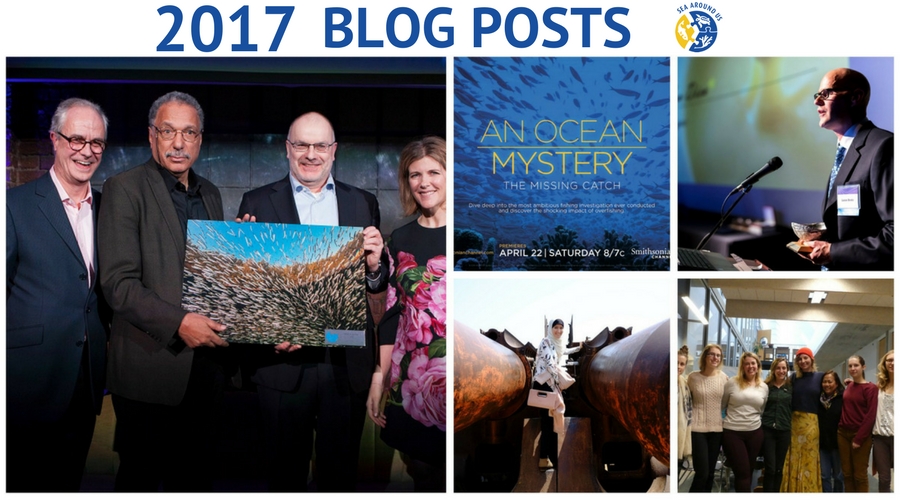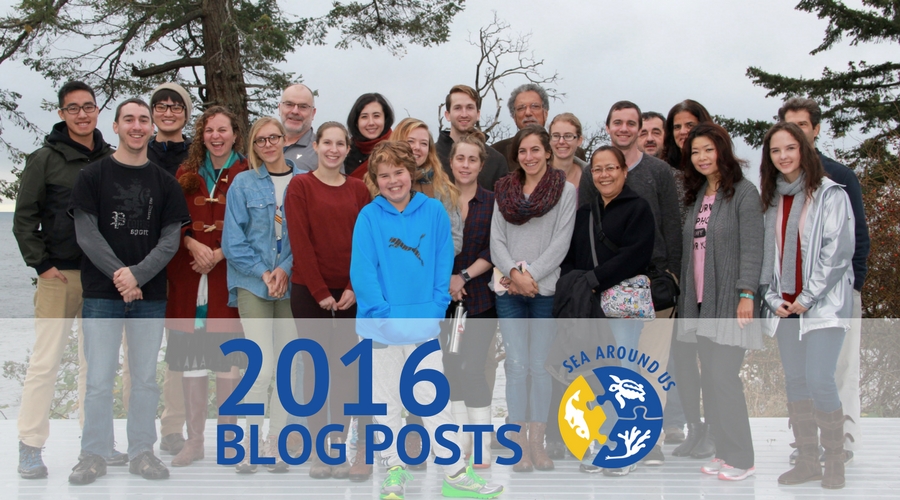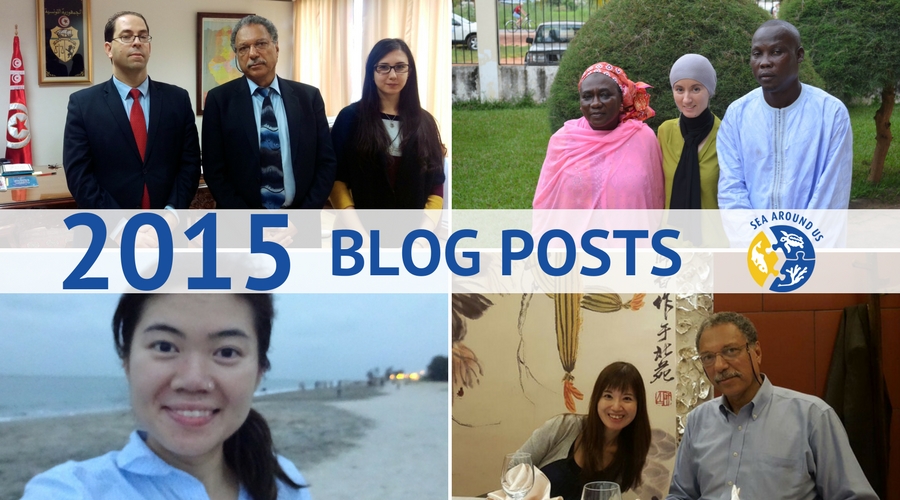
Artificial intelligence. Image by Mohamed Hassan, Pxhere.
Having spent a big portion of his professional career in the Global South, the Sea Around Us principal investigator, Dr. Daniel Pauly, quickly learned how difficult and onerous it is to access scientific literature in the region, even when working at renowned universities or institutes.
The effort that researchers working in countries outside North America, Europe and Australia have to make to write their dissertations, papers and other scientific contributions would be unimaginable for their peers in the Global North. From outdated library collections to poor bandwidth Internet connections, downloading a PDF of a recent publication for free with the click of a few buttons is unheard of in many places. If payment and delivery are required, then the task may become even more difficult.
Continue reading →


